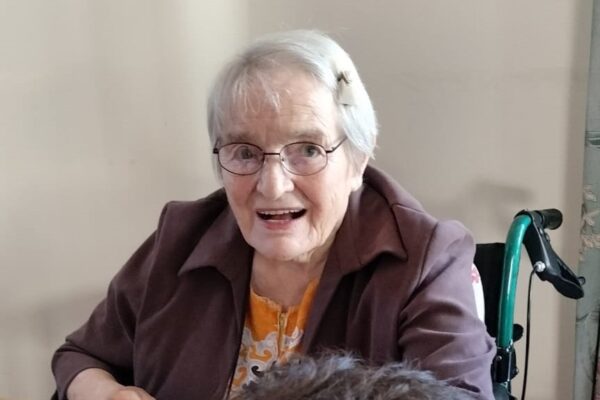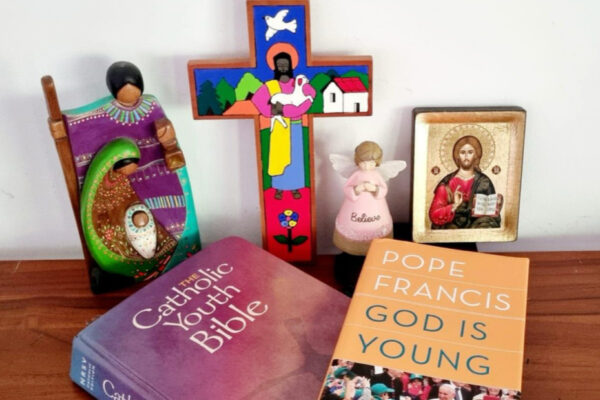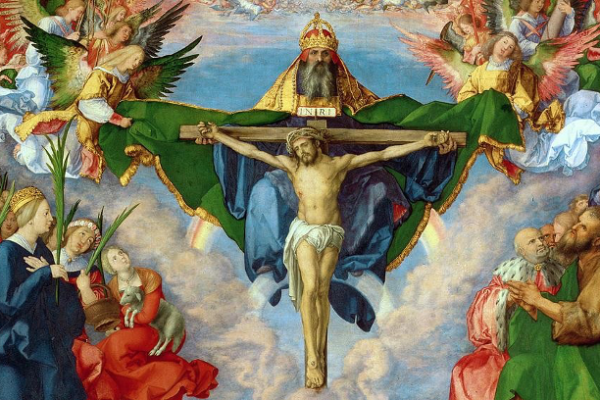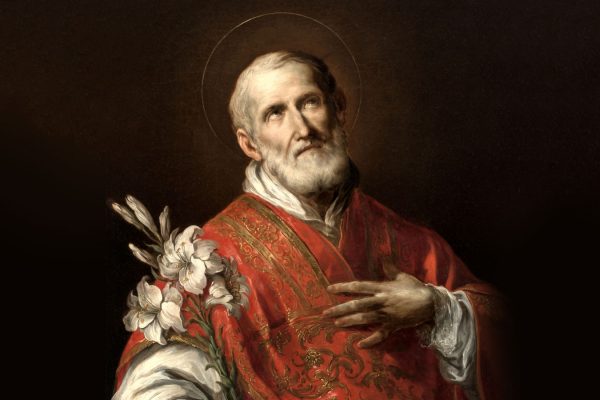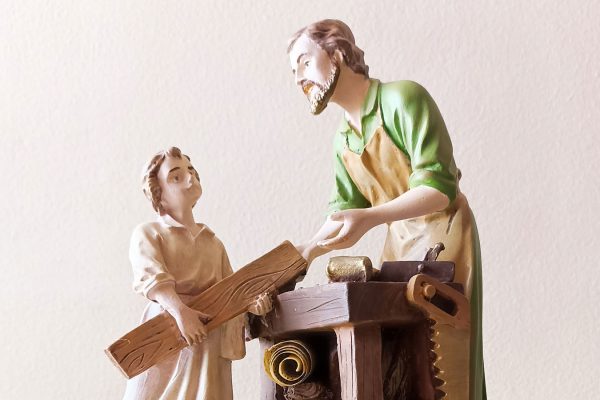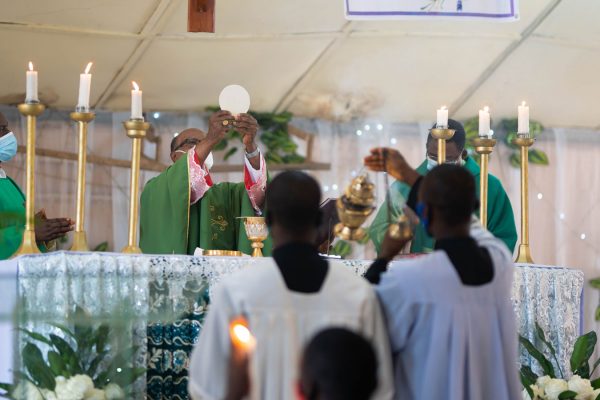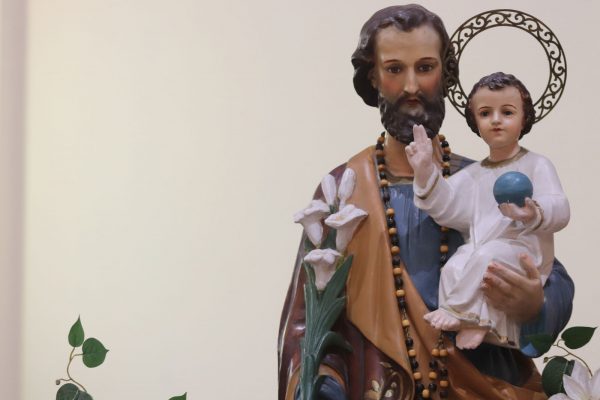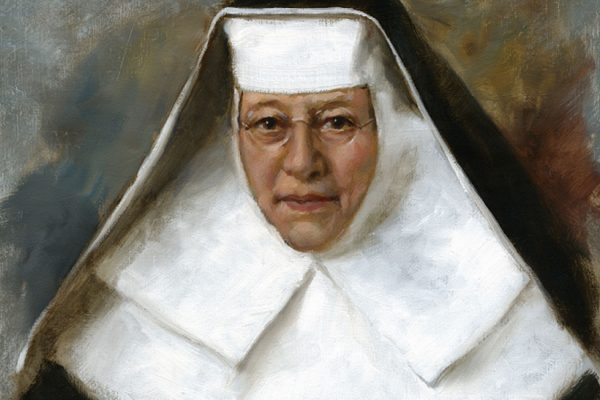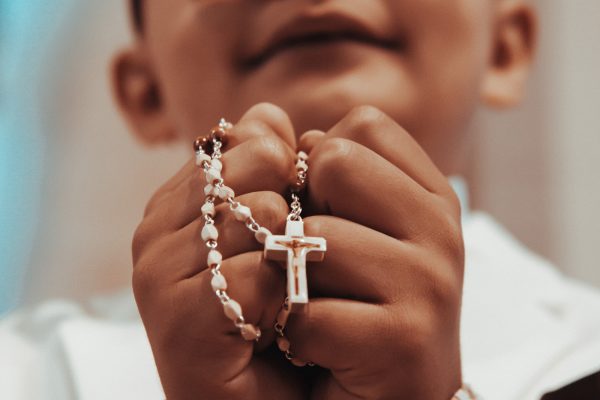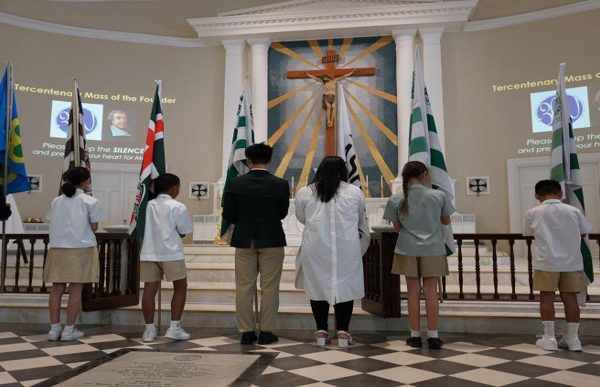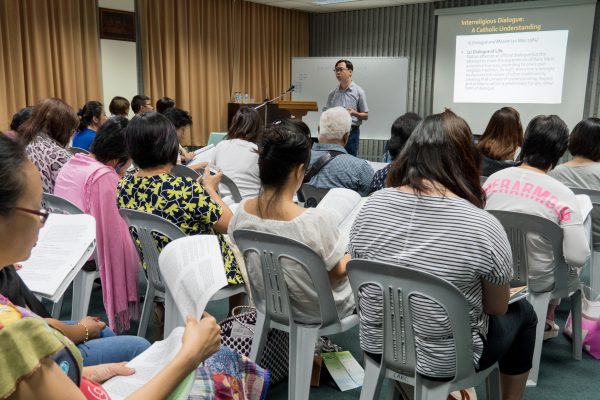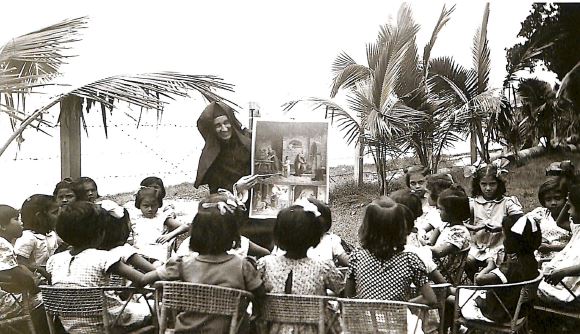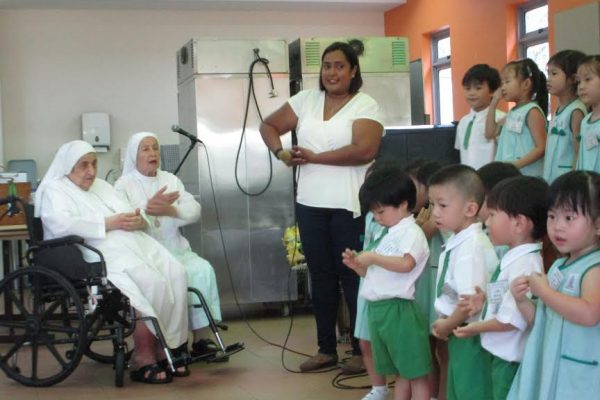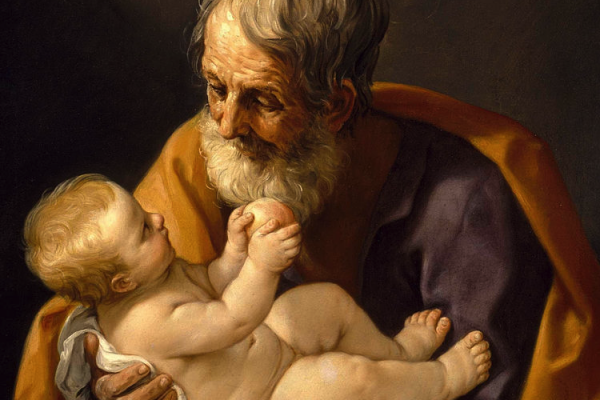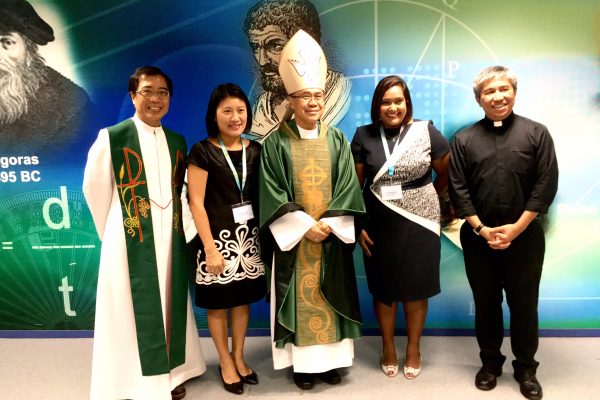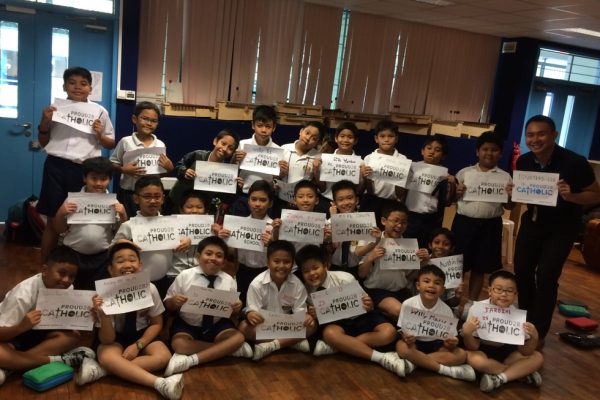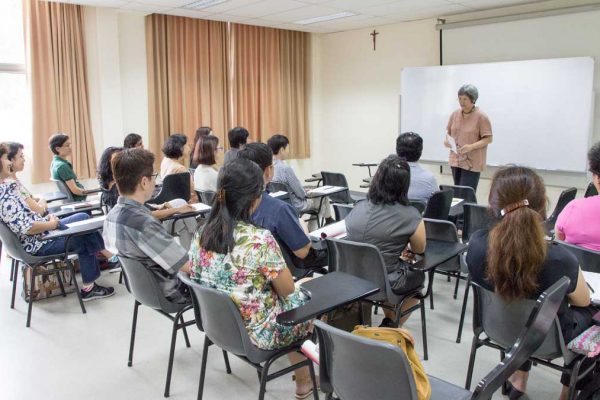
Hope through and to Catholic educators by Matthew Tan
Recently, there seems to be a rise in what people deem “doomers.” To put it simply, people are endlessly bogged down by concerns such as climate crises, wars and global politics. This barrage of bad news causes many to internalise the belief that we are living in a world devoid of hope.
When combined with the pressure of tensions at school, conflicts within the family, and the isolation intensified by social media, it’s unsurprising that more and more teens are displaying signs of depression.
Against such insurmountable odds, what are we, as their educators, expected to do? It seems that any efforts of ours are dwarfed by the sheer weight of mis-, dis- and lack of, information endlessly fed to our young people – and us – by social media algorithms.
The answer, however, may be simpler, but harder to accept in a digital world, than we think: As Christians, our hope lies not in earthly powers, but in the eternal promises of Christ.
St Paul, a great educator, reminds us: “May the God of hope fill you with all joy and peace in believing, so that you may abound in hope by the power of the Holy Spirit.” (Romans 15:13)
When we keep our eyes fixed on Christ and his victory over sin and death, we can continue to shine steadfastly as beacons of light and hope in a dark world. We can act as constant reminders that there is more to live for, more than what the world offers or withholds.
As a catechist in a parish Confirmation program, I do my best to impart the precepts of the Church and the foundational truths of our faith to the youth under my stewardship, to convince them that evil has been conquered, and salvation has been won for us by Jesus through his passion, death and resurrection.
Yet in my experience, students are not most impacted by lesson plans, no matter how well crafted, or syllabi, no matter how comprehensive their content. Rather, they are moved by the credible witness and presence of real love and genuine joy.
When our first child was born three years ago, my wife and I were intentional about living out our mission as a family. We brought our toddler to class with us each week. While this sometimes distracted from the lesson, our young family’s simple act of being together in ministry served as a living sign of hope: for two hours a week, our classroom became a space of calm amid chaos.
Some students openly confessed that seeing us like this gave them hope for their own future families.
As Scripture exhorts us: “Therefore, since we are surrounded by so great a cloud of witnesses, let us rid ourselves of every burden and sin that clings to us and persevere in running the race that lies before us, while keeping our eyes fixed on Jesus, the leader and perfecter of faith.” (Hebrews 12:1–2)
This is the invitation for all Christian educators: to witness authentically, to live with joy, and to reflect the hope that God provides, even in the midst of the brokenness of everyday life.
As educators, we may be among the few consistent adult presences in our students’ lives outside their families. The witness we give – through compassion, perseverance, presence, and joy – is the salve to the existential crisis and resulting despair that many young people face today.
In a world that teaches them that they must be hustlers to earn their worth, or filter themselves in order to be loved, we proclaim a different truth: You are loved because you are His.
Consider also the words of the much misunderstood and persecuted prophet Jeremiah: “But this I call to mind, and therefore I have hope: The steadfast love of the Lord never ceases; his mercies never come to an end; they are new every morning; great is your faithfulness.” (Lamentations 3:21–23)
This is the kind of hope we must hand down, not only in word, but in deed, in how we treat our students, our colleagues, and ourselves.
Hope is not wishful thinking, rather it is the courageous conviction that God’s promises are true. In the Church proclaiming her Lord in a fractured world, who among the laity are called to embody this hope if not Catholic educators – parents, godparents, teachers, RCIY sponsors, friends – not only in what we teach, but in how we live and love at home, in Church or in the marketplace.
The joy we shine forth in living our vocation becomes a lighthouse beam in the storms of life for those who are searching for a safe haven. By offering friendship, constancy, and witness, we help students encounter the quiet, unwavering presence of Christ.
Let us remember: “Always be ready to give an explanation to anyone who asks you for a reason for your hope, but do it with gentleness and reverence” (1 Peter 3:15).
In every lesson taught, or hallway conversation, or any moment of listening, may our students glimpse in us the mercy of God, and the promise that they are never alone.

























